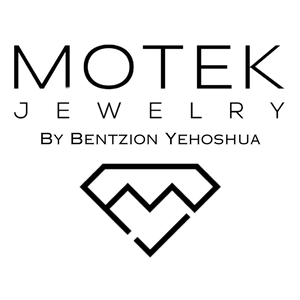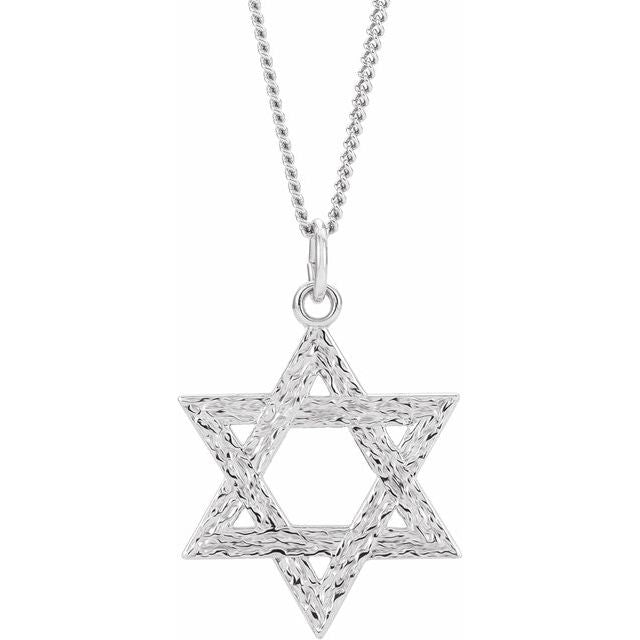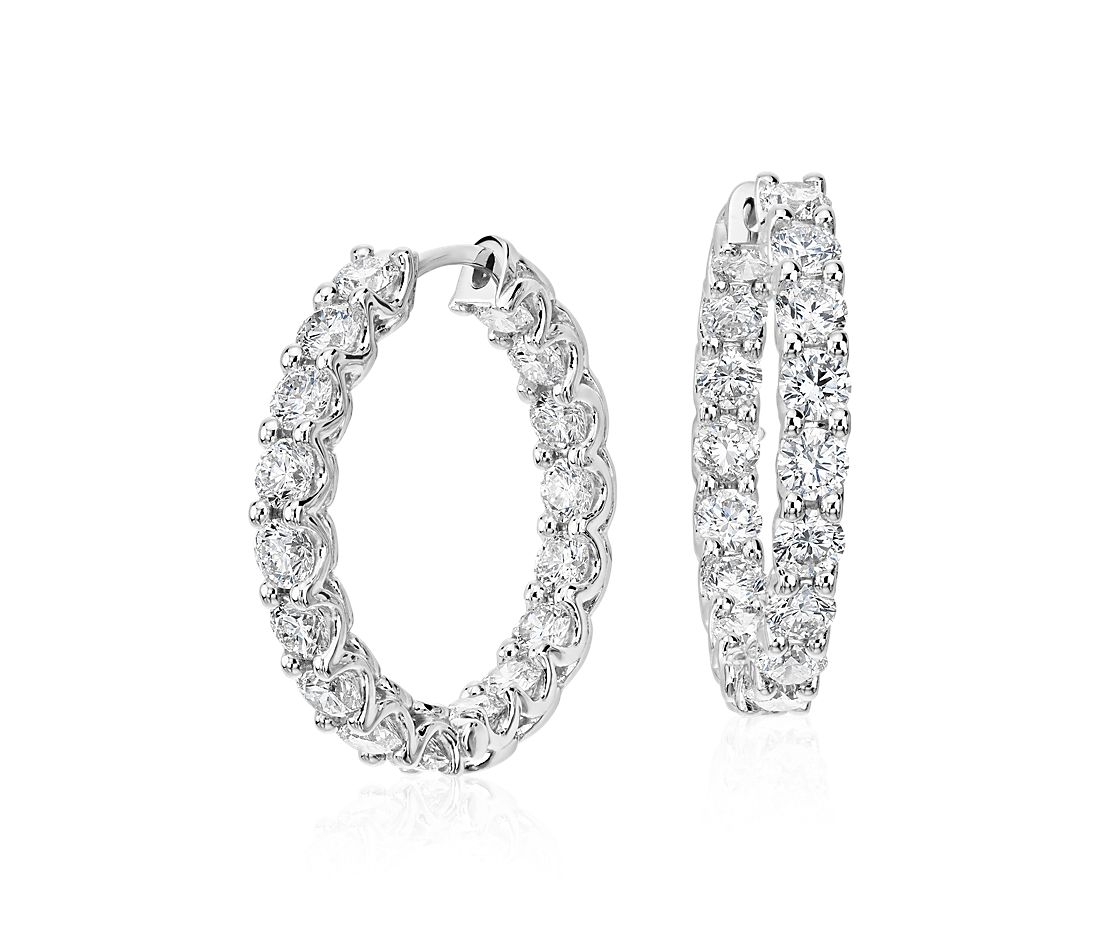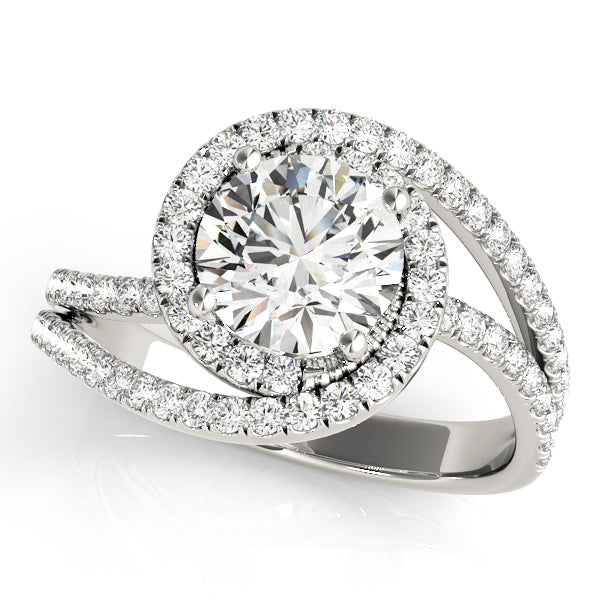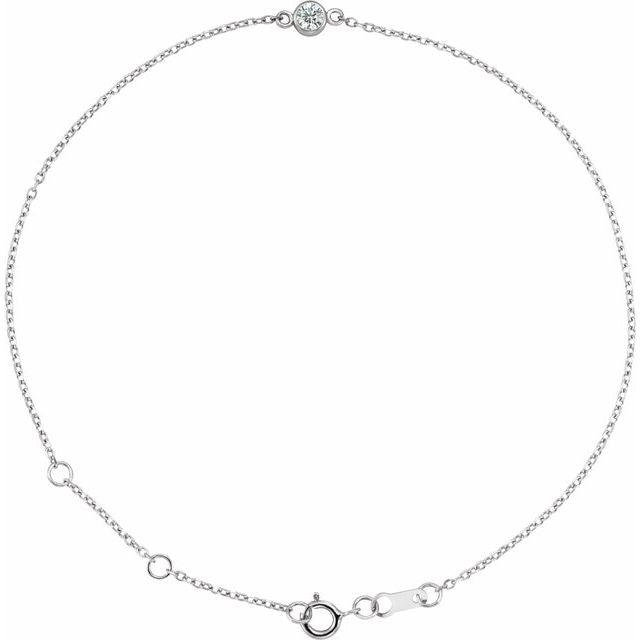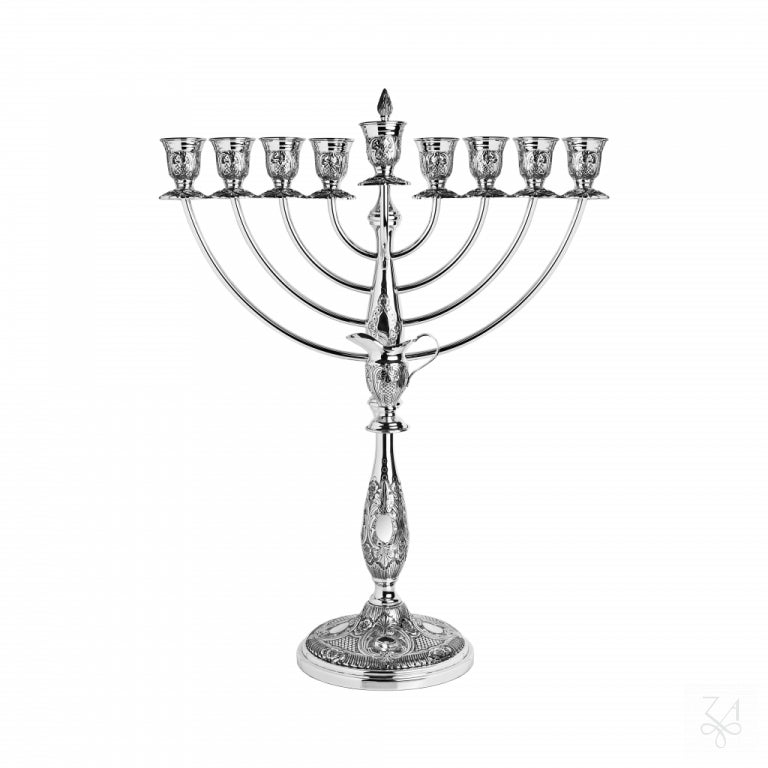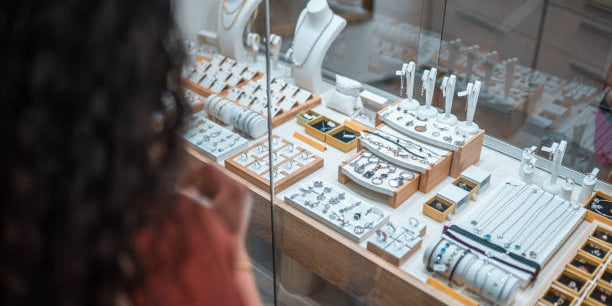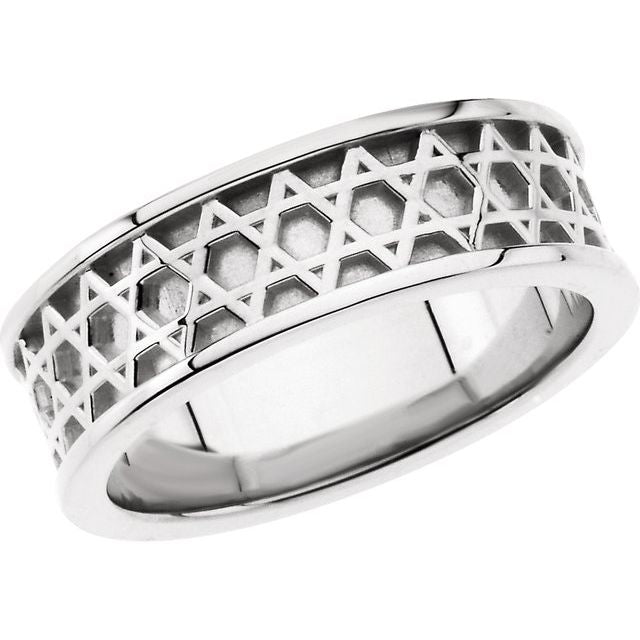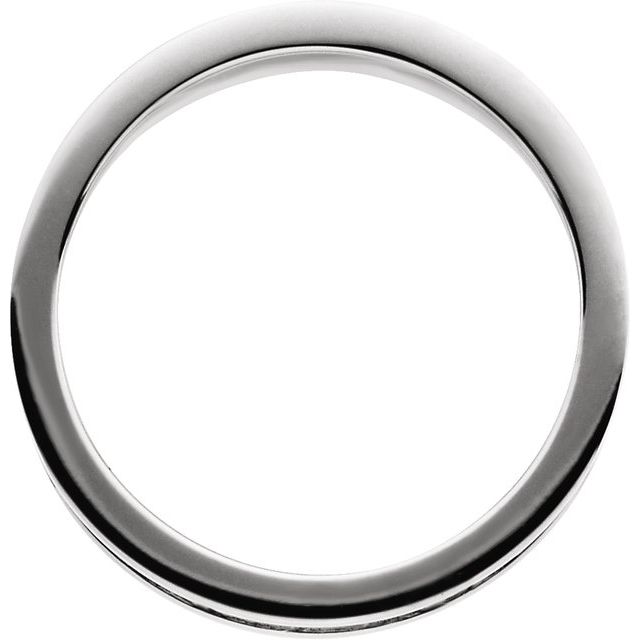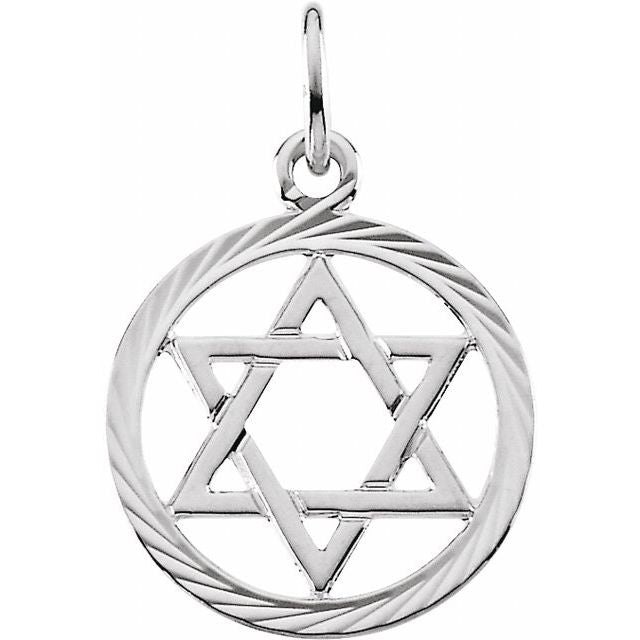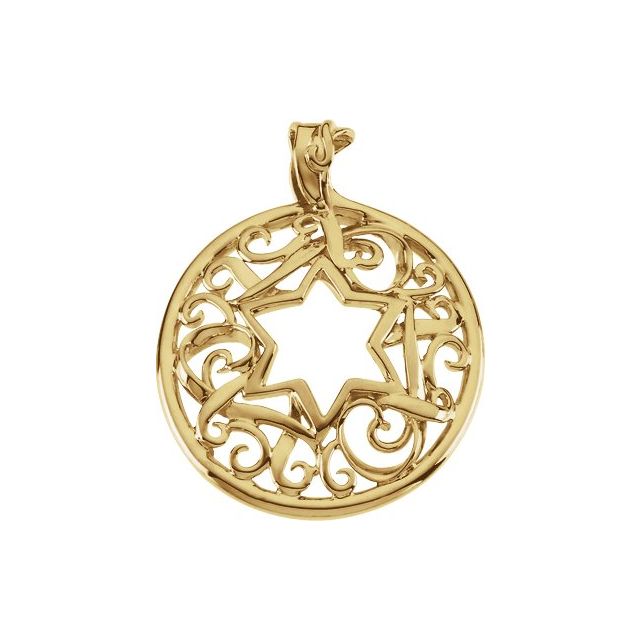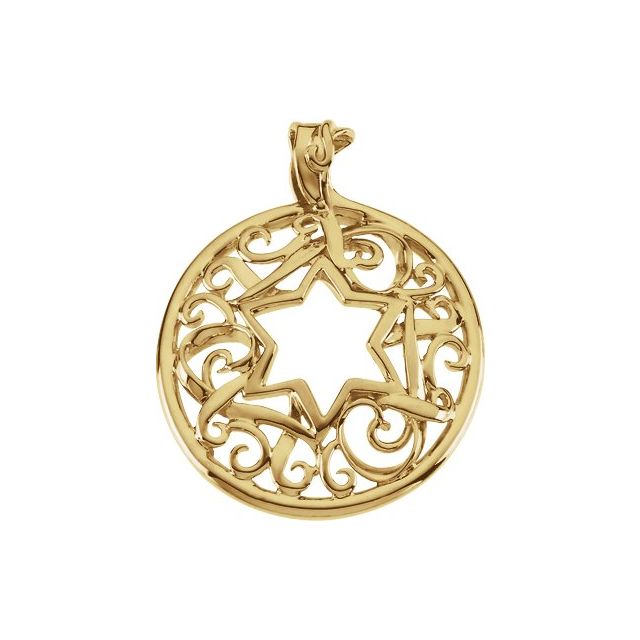Introduction
Gold has been captivating humanity for millennia with its lustrous glow and timeless appeal. From ancient Egyptian pharaohs adorned in gold masks to modern-day celebrities walking red carpets with gold accessories, this precious metal has consistently symbolized wealth, power, and beauty. Today, gold jewelry continues to be a statement of elegance and sophistication, transcending trends and seasons.
According to the World Gold Council, approximately 50% of gold produced worldwide is used for jewelry, highlighting its enduring popularity in the fashion industry. In 2022 alone, global gold jewelry demand reached 2,189.8 tonnes, representing a 25% increase from the previous year.
In this comprehensive guide, we'll explore everything you need to know about gold jewelry—from understanding different karats and colors to selecting pieces that perfectly complement your style. Whether you're a seasoned collector or a first-time buyer, this guide will help you navigate the dazzling world of gold jewelry with confidence and flair.
Understanding Gold Quality and Karat
What Exactly is a Karat?
When shopping for gold jewelry, you'll frequently encounter the term "karat" (abbreviated as K or kt). Karat is the measurement used to indicate the purity of gold in a piece of jewelry. Pure gold is 24 karats, meaning it contains 99.9% gold with minimal traces of other metals.
However, pure gold is too soft for everyday wear, which is why jewelers mix it with other metals like silver, copper, nickel, and zinc to create more durable alloys. This process, known as alloying, results in different karat classifications:
-
24K Gold: 99.9% pure gold, extremely soft and bright yellow
-
22K Gold: 91.7% gold, suitable for ornamental jewelry
-
18K Gold: 75% gold, offers a good balance between purity and durability
-
14K Gold: 58.3% gold, the most popular choice in the United States
-
10K Gold: 41.7% gold, the minimum karat that can legally be sold as gold in the US
According to a study by the International Gemological Institute, 14K gold jewelry represents approximately 63% of all gold jewelry sold in North America, owing to its optimal balance of quality and affordability.
The Color Spectrum of Gold
Gold naturally has a yellow hue, but through alloying with different metals, jewelers can create various gold colors:
-
Yellow Gold: The traditional gold color, typically mixed with copper and silver
-
White Gold: Created by mixing gold with white metals like palladium or silver, often plated with rhodium for extra brightness
-
Rose Gold: A blend of gold and copper, creating a warm pinkish hue
-
Green Gold: Formed by mixing gold with silver and sometimes zinc
-
Black Gold: Created through various techniques including oxidation or application of black rhodium
Market research from Technavio indicates that while yellow gold remains the most traditional choice, rose gold has seen a 12% increase in popularity among millennials since 2018.
Investment Value of Gold Jewelry
Gold has long been considered a safe-haven asset, especially during economic uncertainty. While gold jewelry serves a decorative purpose, it also holds intrinsic value due to its gold content.
The World Gold Council reports that gold has delivered average annual returns of 11.1% in the last 20 years, outperforming many other asset classes. This dual nature of gold jewelry—being both fashionable and valuable—makes it an attractive purchase for many consumers.
However, it's important to note that gold jewelry typically includes a markup over the raw gold price, which covers design, craftsmanship, brand premium, and retail costs. The markup can range from 20% to 400%, depending on the brand and complexity of the design.
When purchasing gold jewelry as an investment, consider:
-
Higher karat pieces that contain more pure gold
-
Classic designs that will retain their appeal over time
-
Pieces from reputable manufacturers with good resale value
-
The workmanship quality and uniqueness of design
Popular Gold Jewelry Styles That Never Fade
Classic Chain Necklaces
Chain necklaces in gold remain one of the most versatile and enduring jewelry pieces. From delicate chains that add a subtle hint of luxury to substantial statement pieces, gold chains adapt to virtually any outfit or occasion.
Popular chain styles include:
-
Cuban Links: Bold, interlocking links that create a strong visual impact
-
Figaro Chains: Featuring a pattern of alternating link sizes
-
Rope Chains: Twisted links resembling a rope, adding texture and dimension
-
Box Chains: Square links offering a modern, geometric look
-
Singapore Chains: Delicate twisted chains that catch and reflect light beautifully
Recent market analysis by Grand View Research indicates the global chain necklace market was valued at $31.8 billion in 2022, with gold chains accounting for over 40% of sales.
Statement Earrings
Gold earrings, from simple studs to elaborate chandeliers, have adorned earlobes throughout history. Current trends show a growing preference for:
-
Hoop Earrings: From minimal thin hoops to thick statement pieces
-
Stud Earrings: Simple yet elegant, perfect for everyday wear
-
Drop Earrings: Adding movement and drama to any look
-
Ear Cuffs: Modern pieces that climb the ear for an edgy appearance
-
Chandelier Earrings: Elaborate designs perfect for special occasions
Stackable Rings
The stackable ring trend has revolutionized how we wear gold jewelry. Mixing different designs, textures, and even gold colors creates a personalized look that tells your unique story.
Popular stackable ring styles include:
-
Plain Bands: Simple gold rings in varying widths
-
Textured Bands: Featuring hammered, braided, or engraved patterns
-
Gemstone Rings: Incorporating birthstones or favorite gems
-
Midi Rings: Smaller rings worn above the knuckle
-
Signet Rings: Traditional designs with a modern twist
According to a report by McKinsey & Company, the stackable ring trend has contributed to a 15% increase in unit sales of gold rings since 2019, as consumers purchase multiple pieces to create customized combinations.
Gold Jewelry Care and Maintenance
Proper care ensures your gold jewelry maintains its luster and beauty for generations. Follow these essential care tips:
Cleaning Gold Jewelry
-
Regular Cleaning: Mix mild dish soap with warm water and soak your gold jewelry for 15-30 minutes.
-
Gentle Brushing: Use a soft-bristled toothbrush to gently scrub away dirt and oils.
-
Thorough Rinsing: Rinse with clean water to remove all soap residue.
-
Proper Drying: Pat dry with a soft, lint-free cloth.
-
Professional Cleaning: Have valuable pieces professionally cleaned once a year.
Storage Recommendations
-
Separate Storage: Store gold pieces separately to prevent scratching.
-
Soft Containers: Use jewelry boxes with fabric lining or individual fabric pouches.
-
Humidity Control: Keep jewelry in a low-humidity environment to prevent tarnishing.
-
Avoid Extreme Temperatures: Extreme temperature changes can affect gold's integrity.
When to Remove Your Gold Jewelry
Remove gold jewelry when:
-
Swimming in chlorinated pools or salt water
-
Applying lotions, perfumes, or cosmetics
-
Cleaning with harsh chemicals
-
Engaging in heavy physical activity
-
Showering (especially for gold-plated pieces)
A study by the Gemological Institute of America found that proper care can extend the life of gold jewelry by up to 30%, making maintenance an essential aspect of jewelry ownership.
Sustainable and Ethical Gold Jewelry
As consumers become increasingly conscious of their environmental and social impact, the demand for sustainable and ethical gold jewelry has grown significantly.
Ethical Sourcing Concerns
Conventional gold mining is associated with numerous environmental and human rights issues, including:
-
Deforestation and habitat destruction
-
Water pollution from mercury and cyanide
-
Poor working conditions and child labor
-
Funding of armed conflicts
Sustainable Alternatives
Several ethical options exist for conscientious consumers:
-
Recycled Gold: Jewelry made from existing gold sources rather than newly mined gold
-
Fairtrade Gold: Gold sourced from certified mines with fair labor practices
-
Artisanal Small-Scale Mining (ASM): Supporting small, responsible mining operations
-
Lab-Grown Alternatives: While not gold, some consumers opt for lab-grown minerals with similar appearances
According to a report by the Responsible Jewellery Council, demand for ethically sourced gold has increased by 23% among jewelry consumers since 2019.
Gold Jewelry for Different Occasions
Everyday Elegance
For daily wear, consider:
-
Minimal 14K gold studs or small hoops
-
Dainty chain necklaces with small pendants
-
Simple gold bands or stackable rings
-
Lightweight gold bracelets
These pieces are durable enough for regular wear while adding a touch of sophistication to casual outfits.
Office Appropriate
For professional settings:
-
Pearl and gold combination pieces
-
Medium-sized gold hoops
-
Delicate gold necklaces with small pendants
-
Classic gold watches
-
Simple gold bracelets
Special Occasions
For formal events and celebrations:
-
Statement gold necklaces
-
Elaborate chandelier earrings
-
Substantial gold cuffs
-
Multi-stone gold rings
-
Designer gold pieces with unique craftsmanship
Gold Jewelry Trends for 2023-2024
The gold jewelry landscape constantly evolves, with several key trends dominating the current market:
Chunky Gold
Oversized chains, substantial cuffs, and bold statement pieces are making a strong comeback, influenced by 1980s and 1990s aesthetics. Fashion analysts at WGSN report a 35% increase in searches for "chunky gold jewelry" compared to the previous year.
Mixed Metals
The tradition of wearing only one metal at a time has given way to creative mixing of gold with silver, platinum, and rose gold. This trend allows for greater versatility and personal expression.
Nature-Inspired Designs
Gold jewelry featuring organic forms, leaves, flowers, and animal motifs continues to gain popularity, particularly among environmentally conscious consumers.
Personalized and Customized Pieces
Personalization through initials, birthstones, coordinates, and custom messages adds sentimental value to gold jewelry. The custom jewelry market is projected to grow at a CAGR of 7.4% from 2023 to 2030, according to Grand View Research.
Vintage and Antique-Inspired Pieces
Contemporary jewelry with vintage aesthetics offers the charm of heirloom pieces with modern craftsmanship. Art Deco and Victorian-inspired gold jewelry continues to influence current designs.
How to Choose Gold Jewelry That Complements Your Skin Tone
Gold jewelry looks different depending on your skin's undertone, which typically falls into three categories:
Warm Undertones
If you have warm undertones (yellow, peachy, or golden):
-
Yellow gold often looks most flattering
-
Rose gold creates a complementary effect
-
Avoid white gold, which might create contrast
Cool Undertones
If you have cool undertones (pink, red, or bluish):
-
White gold typically looks most flattering
-
Rose gold can create a beautiful contrast
-
Yellow gold, especially higher karats, may not be as complementary
Neutral Undertones
If you have neutral undertones (a mix of warm and cool):
-
All gold colors generally look good
-
You can easily mix and match different gold colors
A study by color analysts at the Fashion Institute of Technology found that wearing gold jewelry that complements your skin undertone can enhance your natural coloring by up to 40%.
Investment vs. Fashion: Making Smart Gold Jewelry Purchases
When purchasing gold jewelry, consider whether your primary motivation is investment or fashion:
Investment-Focused Purchases
If building value is your goal:
-
Choose higher karat gold (18K and above)
-
Select pieces with minimal design markup
-
Consider classic styles that hold their value
-
Purchase from established jewelers with good buyback programs
-
Keep all certificates and documentation
Fashion-Focused Purchases
If style is your primary concern:
-
14K gold offers good durability for regular wear
-
Explore trending designs and unique pieces
-
Consider gold-plated options for seasonal trends
-
Focus on craftsmanship and design rather than gold content
-
Mix high and low-end pieces for a curated collection
Many consumers adopt a hybrid approach, investing in a few high-quality gold pieces while supplementing their collection with more affordable fashion-forward items.
Conclusion
Gold jewelry continues to captivate and enchant, offering timeless beauty that transcends passing trends. Whether you're drawn to its investment potential, its rich history, or simply its aesthetic appeal, gold jewelry remains one of the most versatile and enduring accessories in any collection.
When selecting gold pieces, consider factors such as karat weight, color, craftsmanship, ethical sourcing, and how the jewelry complements your personal style and skin tone. With proper care and thoughtful selection, your gold jewelry will continue to make you shine for years—even generations—to come.
As Coco Chanel famously said, "Jewelry is not just an accessory but an expression of yourself." Let your gold jewelry tell your unique story, reflecting your values, taste, and individuality with every gleaming piece you choose.
References
-
World Gold Council: https://www.gold.org/goldhub/research/gold-demand-trends
-
International Gemological Institute: https://www.igi.org/reports/jewelry-market-analysis-2022
-
Responsible Jewellery Council: https://www.responsiblejewellery.com/industry-reports/ethical-jewelry-market
-
Grand View Research: https://www.grandviewresearch.com/industry-analysis/jewelry-market
-
McKinsey & Company: https://www.mckinsey.com/industries/retail/our-insights/state-of-fashion-jewelry-and-watches
